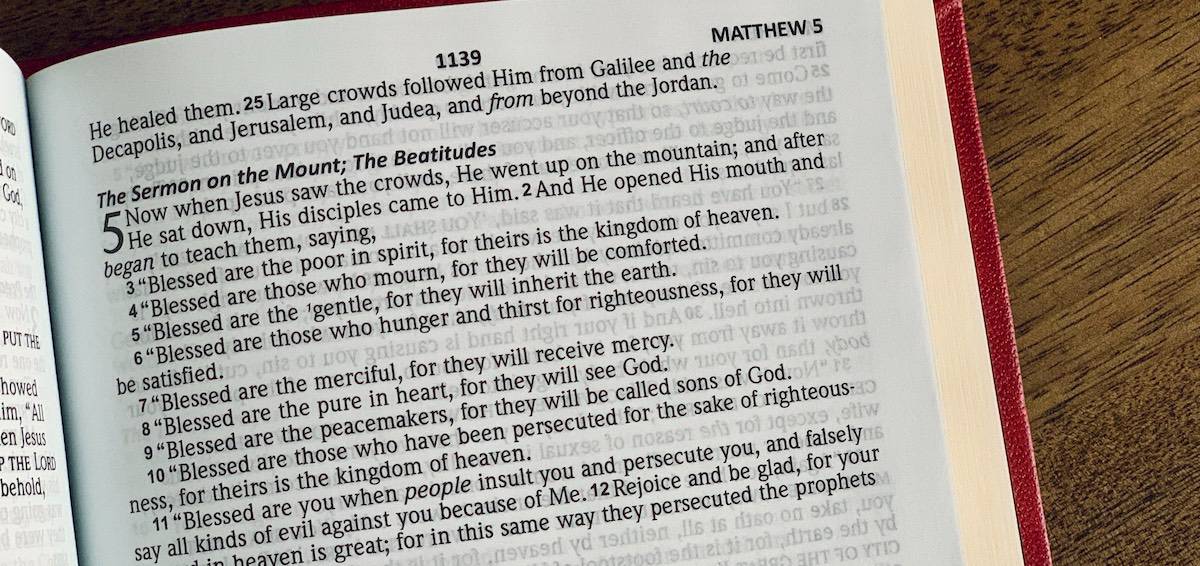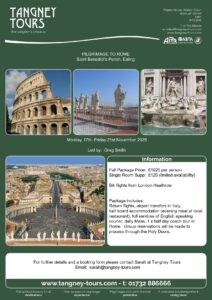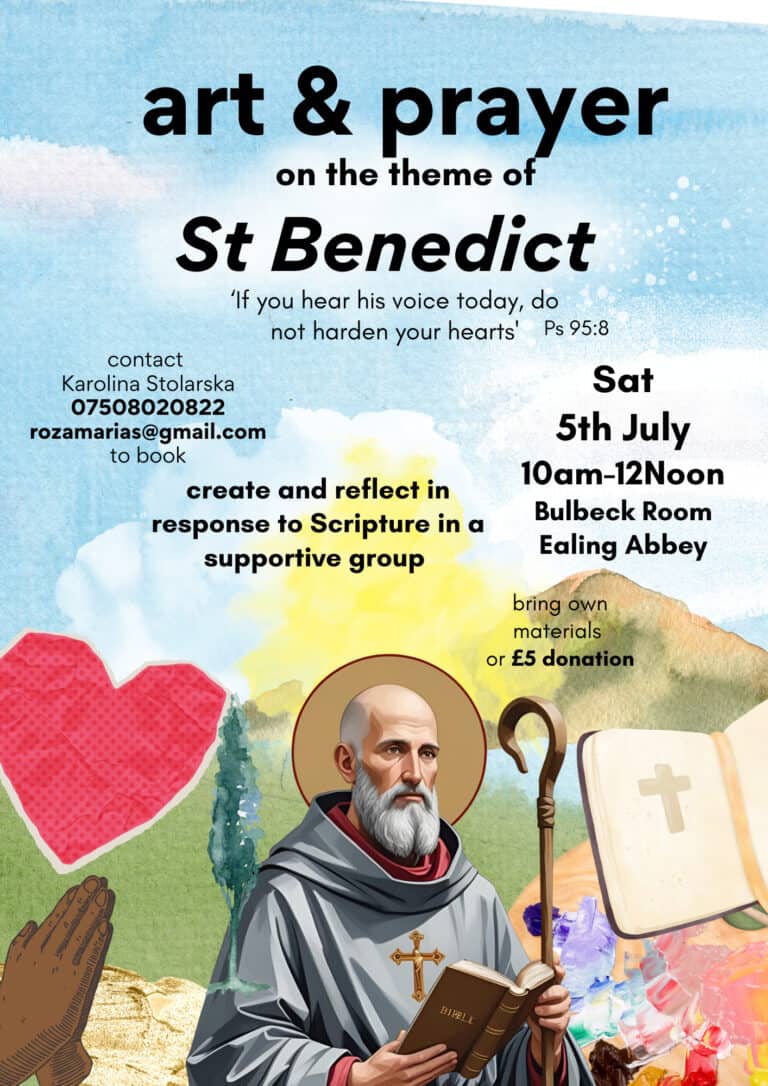Dear Parishioner,
Back in the 2000s there was a acronym WYSIWYG [What you see is what you get] However What we see is often not what we get and Luke’s Gospel falls into this latter category. When we hear the phrase, “Blessed are you,” it can sound rather patronizing. It can seem that Jesus glosses over all sorts of tough human realities with, “Well done, keep it up, be happy, and we’ll fix it all up in heaven.” But reading the beatitudes in this light is a direct contradiction of what Jesus says in this text and certainly how he lived it out. The Hebrew concept of a blessing isn’t about divine pats on bowed human heads; it’s about where the presence of God is to be found. In the Hebrew scriptures, a blessing is the discovery that God is present and active in our own experience, right here and right now. So the Beatitudes are saying that we do not need to go past our own daily struggles to find the presence of God. Jesus tells us that when we see the poor, the compassionate, the mournful, those who campaign for a just society and suffer because of it, the gentle, the innocent, the peacemakers, and the martyrs, we are encountering, in a special way, the presence of God. Jesus teaches us that God is not impervious to our pain and happiness, or a great manipulator desiring terrible things to punish us or teach us something. No. The God of the Beatitudes is a companion with us in every experience we go through either personally or as a community. But Luke goes on to give us the “woes and warnings” and these are as important as the Beatitudes. Luke highlights for us that every blessing carries with it a call, every gift contains a duty to share it, and every right houses within it a responsibility. This is particularly true of our nation where the vast majority of our citizens are housed, educated, have clean drinking water, a long life span, and enjoy a stable democracy. This places us in the top 15 percent of the world’s population. We should discover God’s presence in the midst of these blessings, but we must face up to the responsibilities they give us. It’s not good enough to simply be appalled at the widening gap between rich and poor in our own country and around the world. Today’s Gospel places at our feet the challenge to do something about it – in our prayer, in our careful use of resources, in what we spend our money on, and how we vote for governments that might affect international change. The Beatitudes and the warnings call us to become so transparently attentive to justice, development, and peace for all people that what others see in the followers of Christ is precisely what they get.





